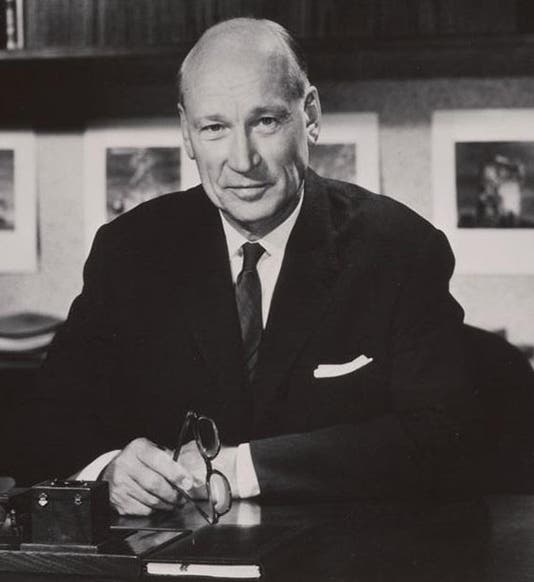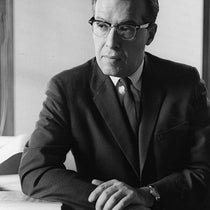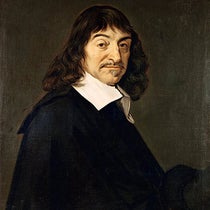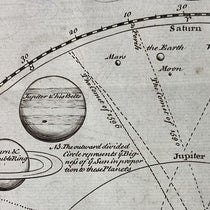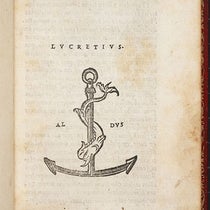Scientist of the Day - Arnold Beckman
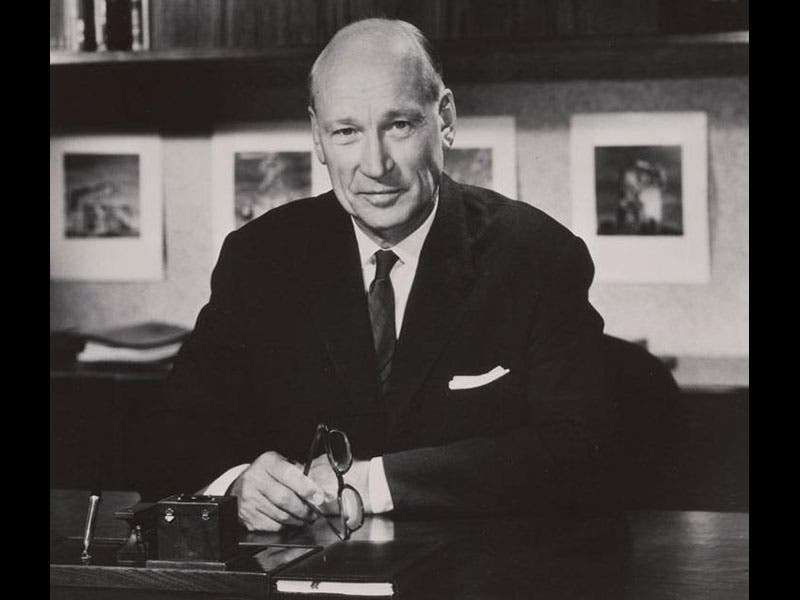
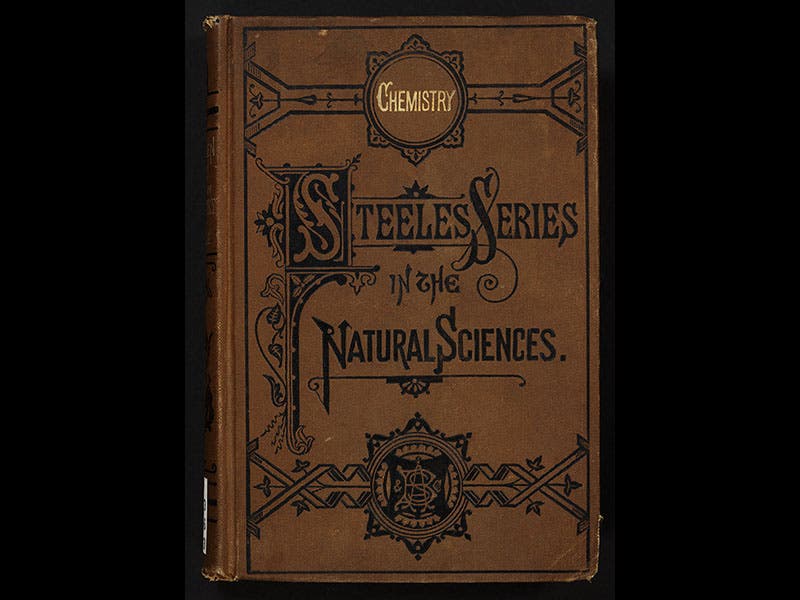
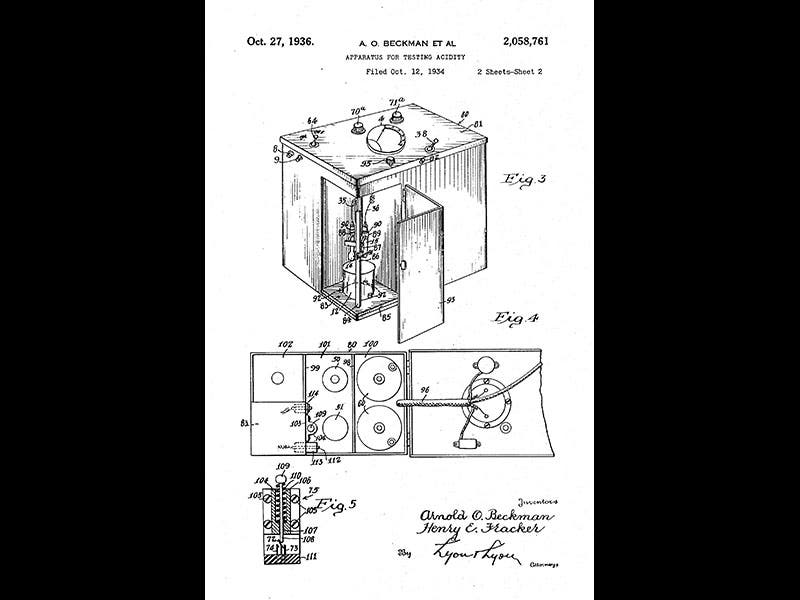
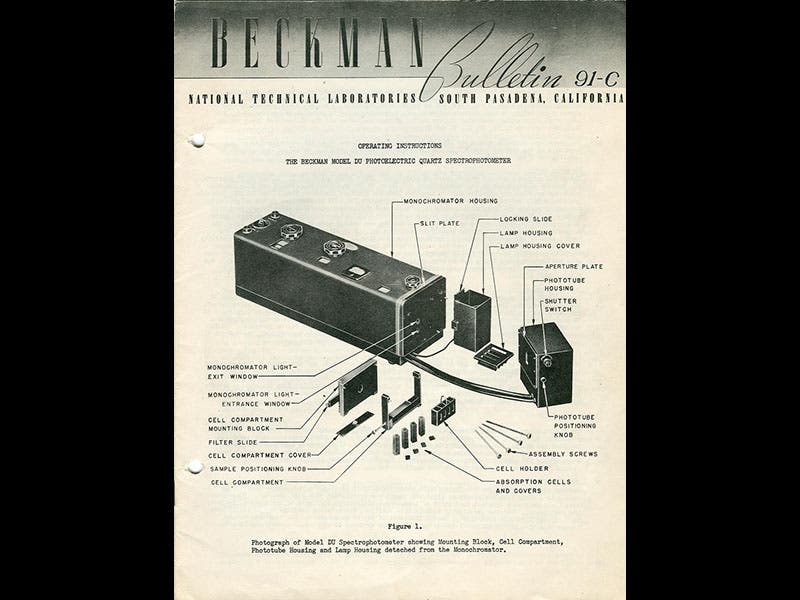
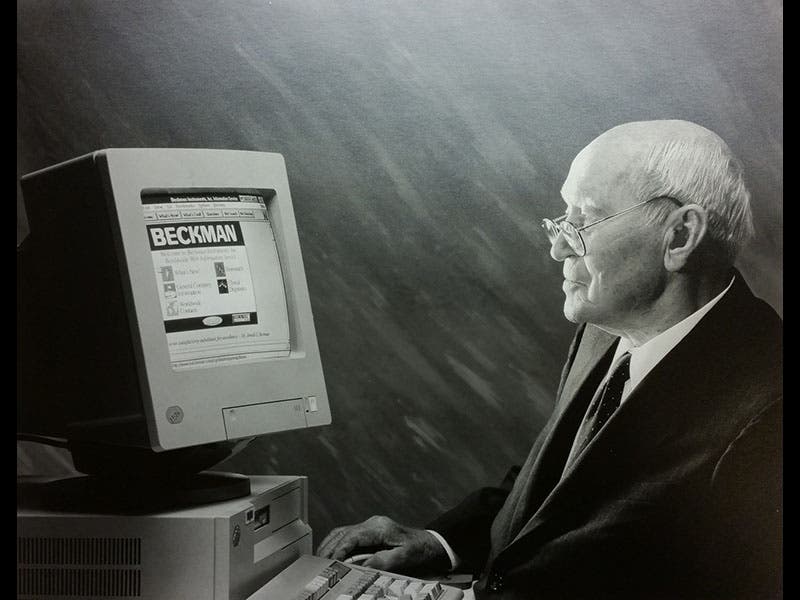
Arnold Beckman, an American chemist and entrepreneur, died on May 18, 2004. As a boy in rural Illinois, Beckman became fascinated with chemistry after finding a copy of J. Dorman Steele’s textbook on the subject in his attic (second image). During high school, he assembled his own laboratory and persuaded the local gas company to hire him as a consultant.
Beckman’s fascination with industrial applications for chemistry persisted after he earned his doctorate from the California Institute of Technology. When he learned that local citrus growers were having difficulty determining the acidity of lemon juice, for example, he responded by creating the first electronic pH meter (third image). Beckman’s invention provided precise, reliable measurements without the need for special training or expertise. It became extremely popular, and by the end of the 1930s, Beckman left academia to manufacture laboratory instruments full time.
Over the course of his career, Beckman commercialized a startling array of chemical equipment. The DU spectrophotometer dramatically accelerated the process of measuring a compound’s absorption spectrum, allowing one to determine its composition in minutes rather than hours (fourth image). An oxygen meter, developed with Nobel laureate Linus Pauling for use in submarines and aircraft, would later find a home in neonatal intensive care units. Beckman also designed dosimeters, which allowed participants in the Manhattan Project to track their radiation exposure.
By the 1950s, Beckman Instruments had grown into one of the world’s leading instrument makers, and its namesake became more involved in public life. (first image) He chaired a committee that aimed to limit air pollution in Los Angeles and later became president of the city’s Chamber of Commerce. He also played a crucial role in the formation of Silicon Valley by sponsoring the region’s first semiconductor company—Shockley Semiconductor. (The story of that company’s founder, William Shockley, merits its own Scientist of the Day post.)
Following his retirement, Arnold Beckman and his wife Mabel poured their fortune into various philanthropic endeavors. He passed away at the age of 104, having witnessed the transformative effect of electronic instrumentation on chemistry, as well as other scientific disciplines. His papers were transferred to the Chemical Heritage Foundation in Philadelphia, whose archivists occasionally share amusing documents and photographs from the collection—such as this one of Arnold Beckman looking at his company’s first website (fifth image)—on their blog, Othmeralia.
Benjamin Gross, Associate Vice President for Collections, Linda Hall Library. Comments or corrections are welcome; please direct to grossb@lindahall.org.

